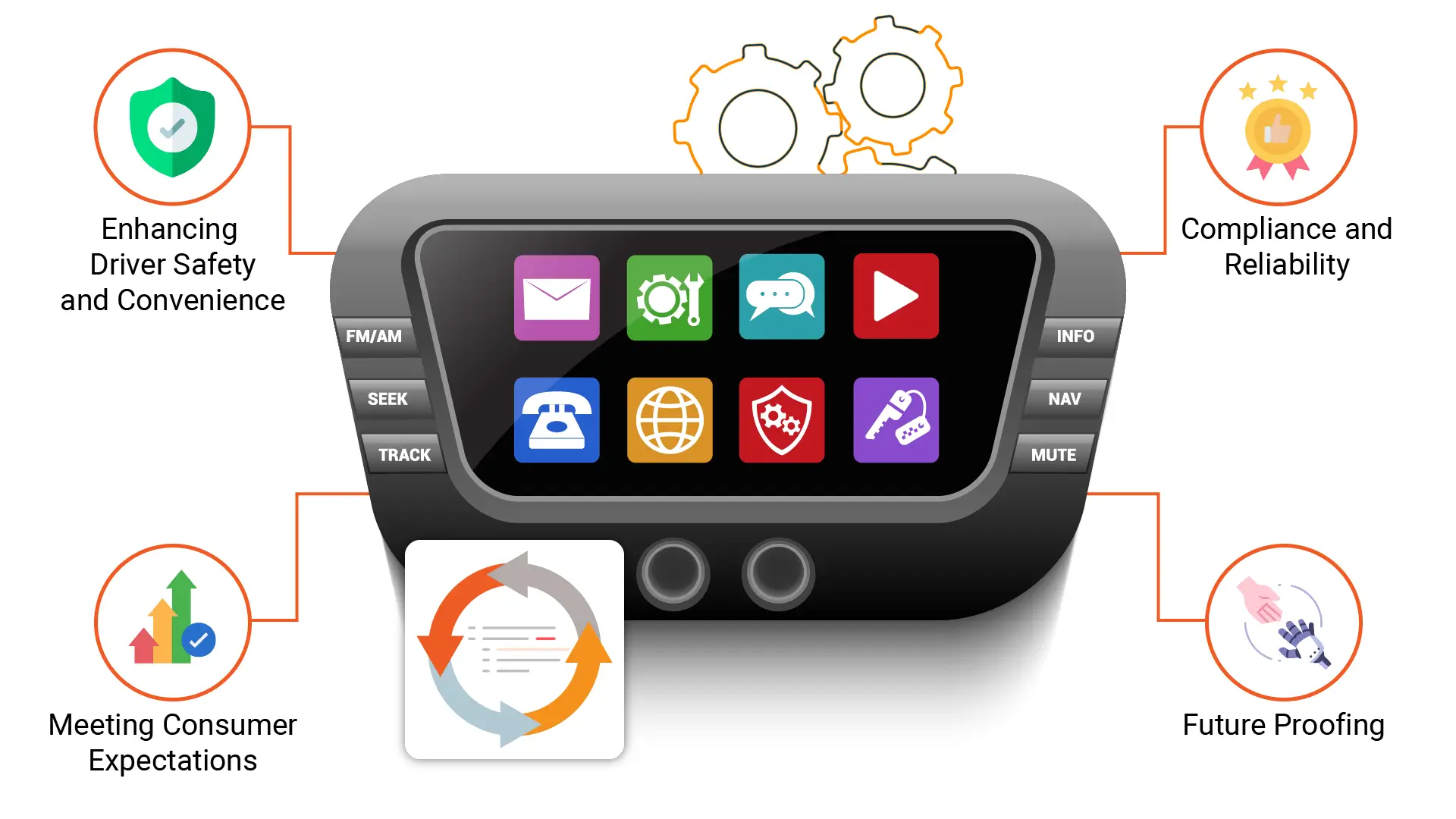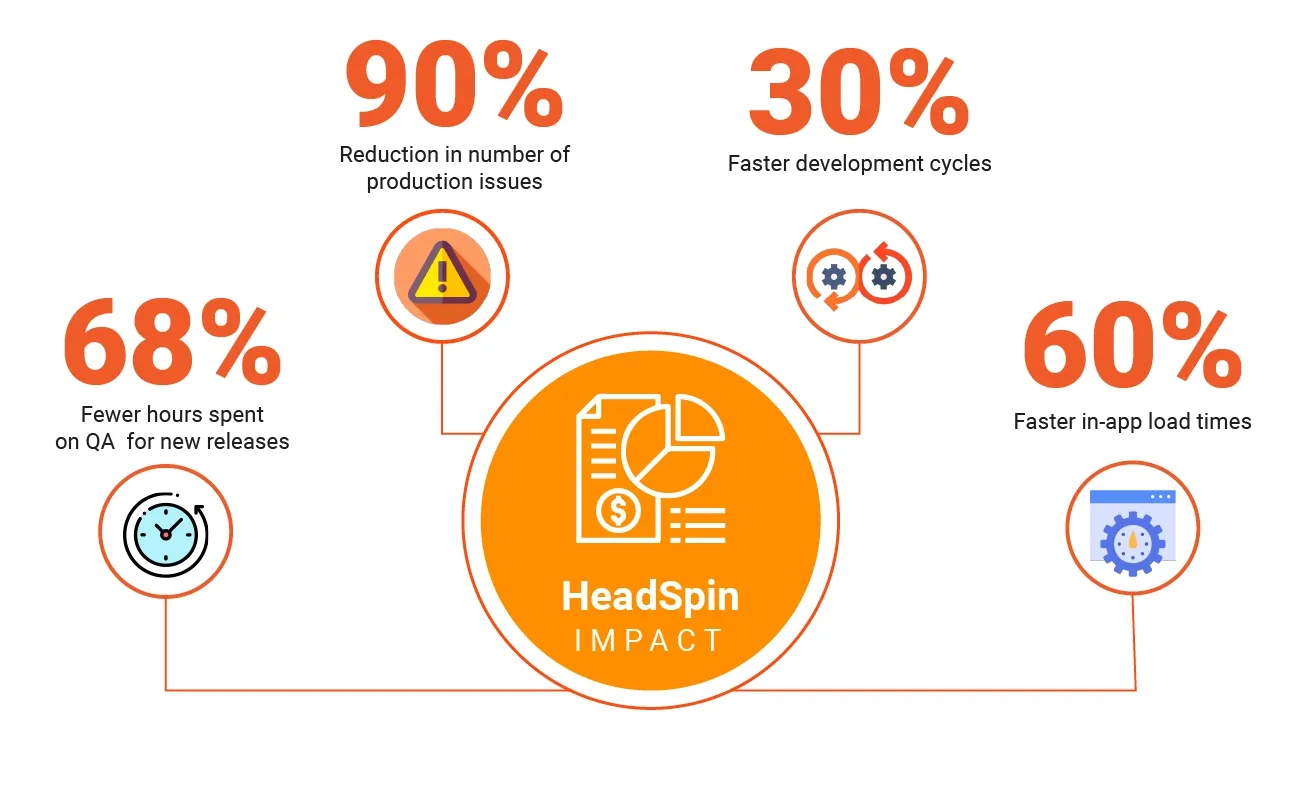Appium is one of the most popular and powerful tools in the software industry’s test arsenal. As the Appium project lead and a maintainer to this day, it’s been an incredible experience to watch Appium grow from a small idea to an industry-shaping paradigm. It began life in 2012 as an attempt to automate QA workflows for an iOS app. Support for Android followed shortly thereafter, and for much of its time, Appium has been known as a mobile app automation tool. But Appium’s vision has always been larger. The WebDriver paradigm was a good fit for the web, and it turned out to be a good fit for mobile too. What about extending that paradigm to all apps on all platforms? What could be better for testers than being able to reach for a single tool to accomplish all their automation tasks across a growing multiplicity of platforms?
As a small team of open-source developers, we knew that we would never be able to maintain support for an open-ended set of platforms. And so, the vision for Appium 2.0 was born: Appium is an infinitely extensible ecosystem for automation, with the potential to expand in any direction as the app industry shifts and grows.
With Appium 2.0, anyone can create an Appium driver for a new platform and share their work with the world. Appium 2.0 also introduces the concept of plugins: third-party developers can now extend or modify any of Appium’s behaviors, wrap up that code, and share it with the world. Using the new Appium CLI tool, Appium users can install drivers and plugins from across the ecosystem with a single command.
New drivers and plugins have already been popping up from developers around the world. At HeadSpin, we’ve been contributing to this trend in a strong way with some new free and open-source media platform drivers, like our Roku driver, our Samsung Tizen TV driver, and our LG webOS TV driver. We’ve also developed the Appium AltUnity Plugin to bring Appium compatibility to your Unity games! Please check out these Appium extensions and incorporate them into your Appium 2.0 frameworks. Feedback and contributions are welcome; we hope that this is merely the beginning of a wider collaboration with the community on maintaining Appium compatibility for every app platform.
HeadSpin congratulates the Appium team on this major release, which is an incredible milestone for the project. HeadSpin has been a direct supporter of the Appium project for years, so it’s probably not a surprise that HeadSpin already officially supports Appium 2.0. If you’re an Appium user, we’ve got you covered: we have a whole migration guide ready and waiting for you! We think you’ll find that upgrading to Appium 2.0 on HeadSpin is even easier than upgrading your local environments since HeadSpin manages all the Appium servers, drivers, and plugins for you.



























-1280X720-Final-2.jpg)










